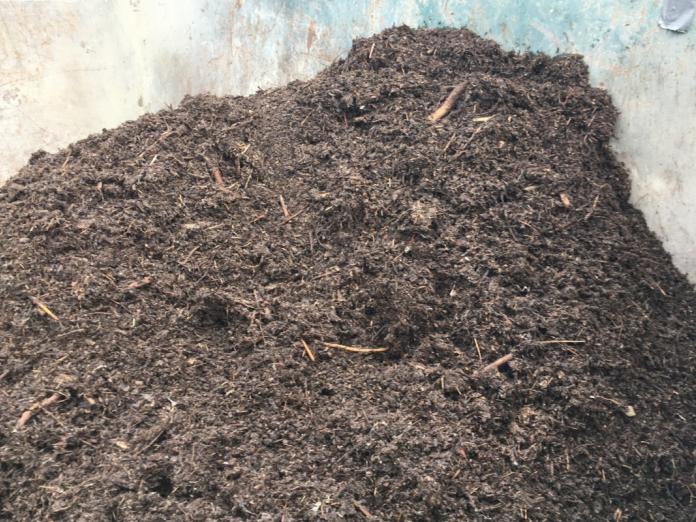Results from Compostable Diapers Use, Collection, and Recycling Test
At present, approximately 250 million disposable diapers are generated globally each day, with 300,000 of these being incinerated every minute, while the remainder ends up in the environment in other ways, such as landfills.
In Copenhagen, diapers constitute the third-largest fraction of residual waste after food waste and plastic. In Copenhagen Municipality's daycares, diapers make up 31 % of residual waste, equivalent to 10,500 tons annually.

The City of Copenhagen has explored the feasibility of combining anaerobic digestion (biogas and fertilizer production) and composting of a new type of diapers designed specifically for rapid biodegradation.
The study has considered various parameters, including functionality, logistics, biogas potential, composting and hygiene, legislation, and economics. The report highlights the promising potential of implementing a circular diaper value chain in Copenhagen, emphasizing the environmental and economic benefits it could offer. Further research and collaboration are essential for the successful development and scaling of this approach.
Digging into the study, the functionality of compostable diapers emerged as a critical factor. Their effectiveness in addressing functional issues is paramount, as lower service levels cannot be justified on environmental grounds. Therefore, it is crucial that compostable diapers perform as well as conventional ones to gain acceptance.
User acceptance was assessed within childcare facilities. The staff expressed willingness to pay extra for compostable diapers up to a certain limit and compared it to choosing organic over conventional foods. Effective communication, such as graphical representations of the environmental impact, was suggested to inform both childcare staff and parents.
A bio-technology for hygienic composting was tested and showed promising results. The diapers were treated according to the requirements of the Environmental Protection Agency's (Miljøstyrelsen) regulations and international standards concerning waste for agricultural purposes. The main requirement: that the biomass is heated to a temperature of 70°C for at least an hour, was achieved within 62 hours and could potentially be achieved in as little as 48 hours. However, challenges remain in managing biomass containing faeces and bioplasts of unknown types, which may affect agricultural use.
Composting trials showed that the compost waste contained enterococci despite a successful sanitization process. This may be due to the subsequent storing of the compost, which might have allowed for a strong multiplication. Furthermore, the compost copper, nickel and zinc values were higher than the allowed treshold. This can be explained by the fact that there were waste residues in the grab used to turn the compost during the 4 months that the composting process lasted. Similar composting trials in e.g. France have shown no problems in regards to heavy metals in the compost resulting from compostable diapers.
Laboratory tests in Gdansk, Poland, demonstrated that compostable diapers have a biogas efficiency 200-300 % higher than conventional diapers. This suggests their value as a substrate for biogas production, possibly attracting interest in dedicated biogas facilities for diaper waste.
Legal frameworks regarding the use of composted diaper waste for agricultural purposes were explored. While composted diaper waste is not listed as suitable for agricultural purposes in current Danish legislation, societal trends towards circularity and reduced waste could influence future legislation.
Preliminary research on economic factors indicates considerable cost increases for institutions using compostable diapers. However, potential revenues from selling biogas and compost as fertilizer could offset these costs. Additional savings may result from reduced CO2e emissions and potential tax benefits for sustainable waste management practices.
In conclusion, eco-friendly diapers show promise for sustainable waste management. While certain aspects like biogas potential and composting are favorable, areas needing more research and refinement include functionality, logistics, hygienization, regulatory compliance, and economic viability. Focusing on these aspects will facilitate their successful integration into eco-conscious waste solutions.
Get the full report
The report is only available in Danish.